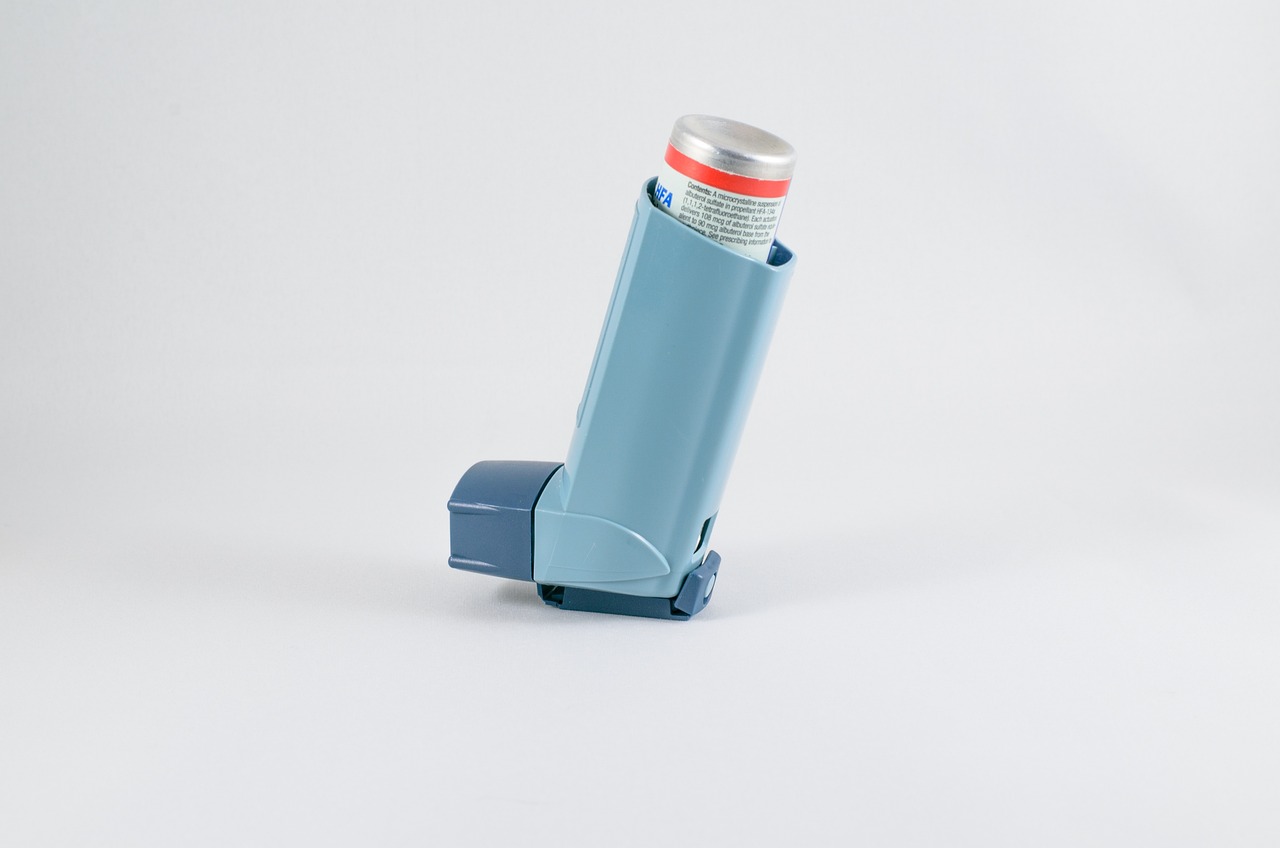The Impact of Depression on Aging
betbhai9.com whatsapp number, playexch app, lotus 365 login: Depression is a complex and often misunderstood condition that can have a significant impact on individuals as they age. It is not uncommon for older adults to experience depression, whether it be as a result of changes in health, loss of loved ones, or simply the natural process of aging. In this article, we will explore the ways in which depression can affect aging individuals and offer some insights into how to manage and cope with this challenging condition.
The Impact of Depression on Aging
Depression can have a profound impact on the physical, emotional, and cognitive health of aging individuals. It is not just a feeling of sadness or grief but a serious mental health condition that can significantly impair quality of life and overall well-being. Older adults are particularly vulnerable to depression due to factors such as chronic illness, social isolation, and the loss of independence that often accompanies aging.
Physical Health
Depression can take a toll on physical health, exacerbating existing health conditions and increasing the risk of developing new ones. Older adults with depression may experience a range of symptoms, including fatigue, aches and pains, and changes in appetite or sleep patterns. These physical symptoms can make it difficult to maintain a healthy lifestyle and can contribute to a decline in overall health and functioning.
Emotional Health
Depression can also have a profound impact on emotional health, causing feelings of hopelessness, worthlessness, and despair. Older adults with depression may struggle to find joy in activities they once enjoyed and may feel overwhelmed by even the simplest of tasks. Left untreated, depression can lead to a sense of isolation and loneliness, further exacerbating feelings of sadness and despair.
Cognitive Health
Depression can also affect cognitive health, leading to difficulties with concentration, memory, and decision-making. Older adults with depression may experience cognitive decline at a faster rate than their peers, potentially leading to a diagnosis of dementia or other cognitive impairment. It is important to recognize the link between depression and cognitive health and seek treatment as early as possible to prevent further decline.
Managing Depression in Aging
Fortunately, there are many effective treatments available for depression in older adults. These may include therapy, medication, lifestyle changes, and social support. It is essential for aging individuals experiencing depression to reach out for help and to work with healthcare providers to develop a treatment plan that meets their unique needs.
Therapy
Therapy, such as cognitive-behavioral therapy (CBT) or interpersonal therapy, can be highly effective in treating depression in aging individuals. Therapy can help individuals identify negative thought patterns, develop coping strategies, and improve communication and social skills. Therapy can also provide a safe space for individuals to express their feelings and emotions and to work through difficult life transitions and challenges.
Medication
In some cases, medication may be necessary to effectively treat depression in older adults. Antidepressant medications can help to balance brain chemistry and alleviate symptoms of depression. It is important to work closely with a healthcare provider to monitor the use of medication and to adjust dosages as needed to ensure safety and effectiveness.
Lifestyle Changes
Lifestyle changes can also play a significant role in managing depression in aging individuals. Regular exercise, a healthy diet, adequate sleep, and social engagement can all help to improve mood and overall well-being. Engaging in activities that bring joy and fulfillment, such as hobbies, volunteer work, or spending time with loved ones, can also help to alleviate symptoms of depression.
Social Support
Social support is essential for individuals experiencing depression, especially as they age. Maintaining strong social connections can help to combat feelings of isolation and loneliness and can provide a sense of belonging and community. Older adults with depression should reach out to friends, family members, and support groups for emotional support and companionship.
FAQs:
Q: Can depression be a normal part of aging?
A: While depression is not a normal part of aging, it is a common mental health condition that can affect older adults. It is important to recognize the signs of depression and seek help if needed.
Q: What are the risk factors for depression in older adults?
A: Risk factors for depression in older adults may include chronic illness, social isolation, loss of loved ones, and changes in lifestyle or living situations. It is important to be aware of these risk factors and to take steps to mitigate them.
Q: How can I help a loved one who is experiencing depression?
A: If you have a loved one who is experiencing depression, it is important to offer your support and understanding. Encourage them to seek help from a healthcare provider, therapist, or support group, and let them know that you are there for them.
In conclusion, depression can have a significant impact on aging individuals, affecting physical, emotional, and cognitive health. It is important for older adults experiencing depression to seek help and to work with healthcare providers to develop a treatment plan that meets their needs. By recognizing the signs of depression, seeking support, and implementing effective strategies for managing the condition, aging individuals can improve their overall well-being and quality of life.







